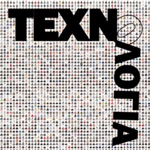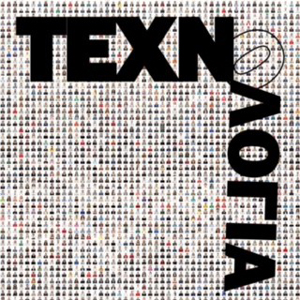Digital.Visual.Material [26/5-28/5, 2021]
Digital.Visual.Material is a three-day virtual symposium that explores the cross-disciplinary construction of a computational imaginary of design through scholarly presentations and first-hand accounts on pioneering efforts to transform computers into visual and creative media.
DAY 1: SURFACES
MAY 26, 9:30AM – 5:30PM EST
-
As Below, So Above: Surface and Depth in the Computational Image, Jacob Gaboury (UC Berkeley)
-
Materialities of Shiny Surfacing, Akshita Sivakumar (UC San Diego)
-
Your New Mnemotechnics, John May (Harvard University)
-
Designers Redesign Robotics, Mario Carpo (the Bartlett)
With an introduction by session chair Michael Osman (UCLA)
Conversations: George Stiny
Roundtable: To be announced
See detailed schedule
Register for this session
————
DAY 2: STRUCTURES
MAY 27, 10:00AM – 5:30PM EST
-
On Mathematical Aesthetics, Alma Steingart (Columbia University)
-
Processing Models, Modelling Processes for the HfG Ulm ca. 1952, Anna-Maria Meister (TU Darmstadt)
-
From Paper to Code: Episodes in the history of computer mapping in Great Britain, Moa Carlsson (ESALA)
With an introduction by session chair Alessandra Ponte (UdeM)
Conversations: Leslie Mezei & Frieder Nake
Conversations: Rachel Strickland & Paul Pangaro
See detailed schedule
Register for this session
————
DAY 3: PROCESSES
MAY 28, 10:00AM – 4:30PM EST
-
Feminist Interventions in the West Coast: The case of Video Art and Computer Graphics, Gabriela Aceves-Sepúlveda (Simon Fraser University)
-
Topology, Crystals, and a Multitude of Futures, David Theodore (McGill University)
-
T-Square, Spacewar!, and Interfaces of Early Spatial Computing, Ranjodh Singh Dhaliwal (UC Davis)
With an introduction by session chair Olga Touloumi (Bard College)
Conversations: Elizabeth Vander Zaag
See detailed schedule
Register for this session
————
Organized by:
Theodora Vardouli (McGill University)
Daniel Cardoso Llach (Carnegie Mellon University)
Supported by:
The event will be hosted by lattice.space, a new platform for critical and creative research at the nexus of design and computation, with support from the Peter Guo-hua Fu School of Architecture at McGill University and additional support from the Social Sciences and Humanities Research Council of Canada, the Graham Foundation for Advanced Studies in the Fine Arts, and the Carnegie Mellon University School of Architecture and College of Fine Arts.






